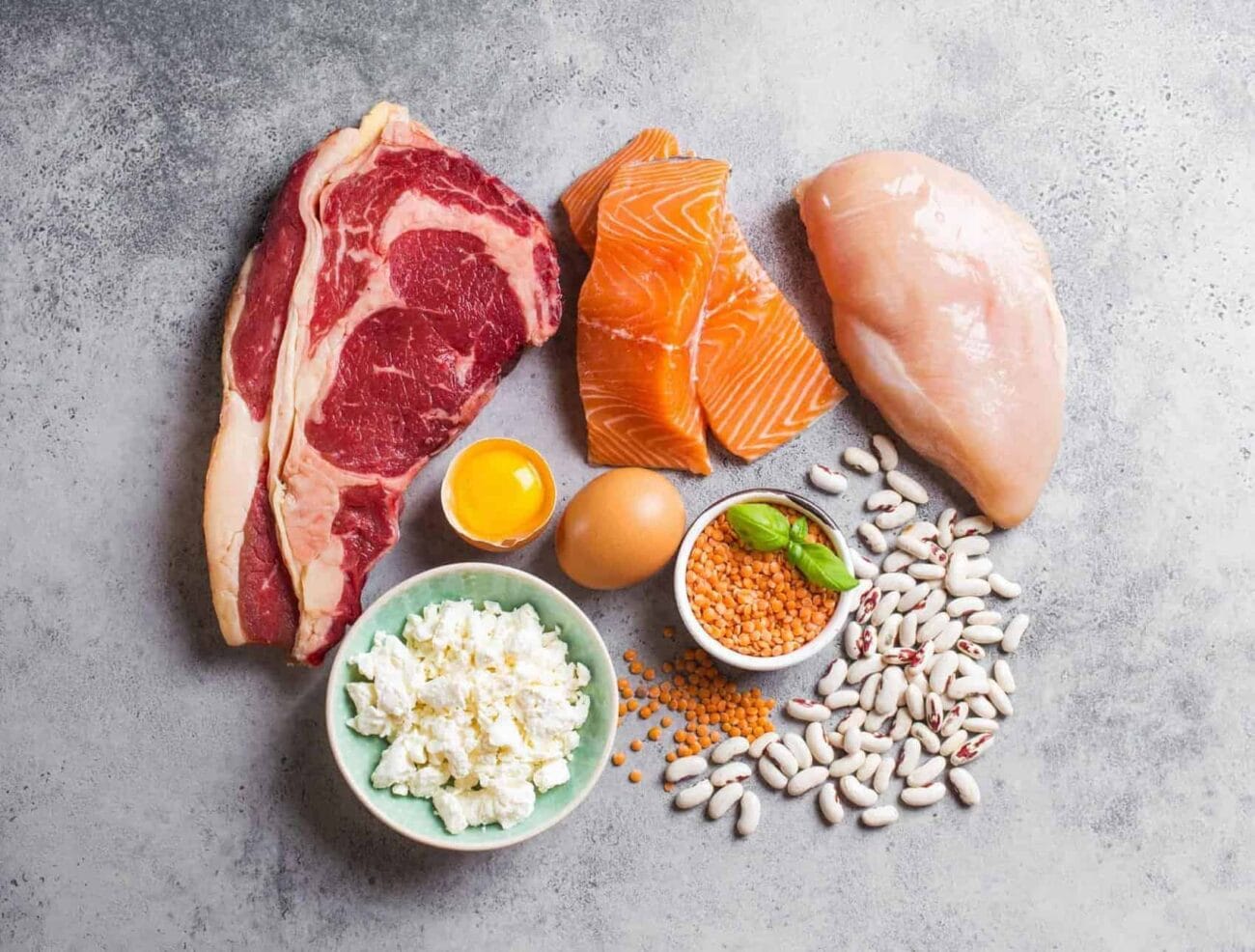Quatro mitos dos ginásios que teimam em não desaparecer
Existem imensos mitos no mundo do ginásio, e por mais tempo que passe, eles teimam em não desaparecer.
Como é óbvio, não vamos falar de todos eles, isso era tema não para um artigo mas sim para um livro.
We chose four very well-known ones and we are going to talk a little about each of them.
Vamos começar pelo nosso favorito.
Transformar gordura em músculo
Estou a ganhar peso para depois transformar em músculo!
É tao verdade como transformar carne em peixe.
É impossível transformar gordura em músculo, são dois tecidos completamente distintos.
Se queres ganhar massa muscular, deves-te concentrar em ganhar massa magra, com o mínimo de massa gorda.
O oposto também existe, e consiste em transformar o músculo em gordura.
Quando deixares de treinar esses músculos vão-se transformar em gordura!
Não, se deixares de treinar os músculos não se vão transformar em gordura.
Mas é possível que ganhes gordura e comeces a perder massa muscular.
Isto porque normalmente quem deixa de treinar deixa também de se preocupar com a alimentação e deixa de praticar exercício.

Sit-ups to lose belly fat
Sit-ups to lose belly fat must be at the top of the myths of anyone thinking about lose belly.
Podes fazer os abdominais que quiseres, a gordura vai continuar lá.
Se fizeres abdominais e continuares com o tipo de alimentação que te levou a ter essa gordura, ela vai continuar a marcar presença.
Lose belly?
80% kitchen and 20% training.
Ah, e vais perder gordura em todo o corpo, não só na barriga.
Isto não significa que não precisas de fazer abdominais, deves fazer abdominais.
It does mean that losing belly fat involves much more than doing sit-ups.
Change your workout every month
Muda o treino todos os meses, surpreende o músculo!
Queres surpreender o músculo?
Increase the load!
Essa é a maior surpresa que podes dar aos teus músculos.
Não faz sentido mudar um treino em quatro semanas (ou menos), o teu corpo não se vai adaptar ao teu treino em tão pouco tempo.
Aliás, as adaptações não são obrigatoriamente más.
São necessárias certas adaptações fisiológicas e neurológicas para conseguires tirar o máximo proveito de cada exercício, principalmente nos mais complexos e avançados.
And guess what.
Em quatro semanas não consegues tirar o máximo proveito possível dessas adaptações.
Isto não significa que deves seguir religiosamente o mesmo plano, com todas as variáveis iguais, meses a fio.
You can test certain things, and adapt according to the results.
Mas mudanças radicais todos os meses?
No.

Para ganhar músculo deves comer MUITO…
…e depois ainda mais um bocado
To gain muscle mass you must eat more calories than you burn.
Isso não significa que deves transformar a tua alimentação num banquete sete vezes ao dia.
Mesmo que utilizes só comidas teoricamente “saudáveis”.
Se o teu dia é passado sentado em frente a um computador, e o único exercício que fazes é 1 treino de musculação por dia, será que faz sentido consumires 5000 kcal?
No.
É por isso que cada pessoa deve ter a sua dieta.
A dieta do José que trabalha na construção civil e tem um metabolismo rápido tem que ser diferente da dieta do Mário que trabalha num escritório e tem um metabolismo lento.
Mesmo que os seus objectivos sejam idênticos.
Para além disso, mais calorias não significa mais músculo.
After a certain point, it just means more fat.
Final notes
Estes são apenas quatro, dos muitos mitos que circulam no ginásio.
Evita estes erros básicos, os teus resultados agradecem.
What myths did you add?
Quais são os teus favoritos?
Deixa-nos a tua opinião na zona de comentários!



